Is Flexible Warehousing the Next Step for Industrial?
Alex Morrison, CEO of Capstone Equities' flexible warehousing platform, discusses demand for this new product type.
The sharing economy has been touching different areas of people’s lives during the past two decades, from lodging to transport and office work. The pandemic has bolstered the success of some of the platforms in the sector and played against others, but the shared model is here to stay.
Following in the footsteps of coworking, shared warehouse space seems to fill a gap and serve the needs of small e-commerce companies. Private equity company Capstone Equities has recently launched Portal Warehousing, a flexible logistics platform for small e-commerce businesses. Compared to traditional industrial space, flexible warehousing provides tailored workspace arrangements for tenants, with common-area amenities similar to those in coworking.
Capstone developed the concept in 2021 as part of its initiative to provide industrial space for starter brands, which had been confined to using improvised spaces, such as garages or self-storage units. The platform not only provides tailored space and short-term leases, but helps with assessing the best shipping rates and accessing capital.
The first Portal location, offering nearly 30,000 square feet, opened in July 2022 in Salt Lake City, offering spaces that range between 250 and 2,500 square feet. On-site amenities include high-speed internet, reception services, community events, as well as shared common areas, such as coworking and conference spaces. Alex Morrison, CEO of Portal Warehousing, shared details about his vision of this industry sector and the company.
How would you define flexible industrial space and what are the main differences between regular and flexible warehousing?
Morrison: Flexible warehousing is a new product type that provides the flexibility and amenities that are common in coworking, with the critical logistics infrastructure that you can only find in an industrial setting.
Flexible warehousing allows tenants of all sizes to access high-quality industrial space without the need for long-term leases. Tenants can occupy space that suits their current needs and scale up or down in size as their business needs change.
What are the main drivers behind the need for such facilities in today’s industrial market?
Morrison: There are a few factors at play. First, people and companies have become used to the ease and convenience of flexible office space. Coworking’s post-pandemic boom has shown the value that flexibility can provide. This is not the case in the industrial market, which still operates on three- to five-year leases through the traditional brokerage model.
Second, the growth of e-commerce and rise of technologies like Shopify has made it easier than ever before to start an online business. These entrepreneurs need access to logistics space just like Amazon, but find themselves boxed out of the market due to their size.
When and why would a landlord opt for flexible industrial space, compared to regular leases?
Morrison: Flexible space opens up properties to a new tenant type that has been traditionally boxed out of the market. It also serves as a pipeline to a landlord’s larger portfolio as tenants grow and need larger space.
Flexible industrial can also generate a significant premium over market rent. There is significant operational infrastructure needed to manage a co-warehousing facility, which is what Portal Warehousing is institutionalizing.
Does Capstone Equities own all the industrial space where Portal operates?
Morrison: Portal Warehousing was an idea that incubated out of Capstone Equities during the pandemic. We recognized that the growth in e-commerce meant new brands were being launched every day, but these businesses were relegated to garages and self-storage facilities because the warehouse space they needed generally didn’t exist.
Portal is a co-warehousing platform that provides not only access to flexible industrial space but also integrated logistics solutions, technology partnerships and growth support. For its first two locations, Portal has partnered with institutional landlords. Going forward, Portal will expand off of Capstone’s balance sheet and through partnerships.
What are the target tenants for flexible industrial space?
Morrison: Flexible industrial attracts a wide variety of tenants, including e-commerce, logistics and small businesses. In Portal’s facilities, there are businesses just starting out on Amazon to national companies that are expanding into new markets. The common theme is a preference for flexibility and a desire for a high-quality working environment.
What are the common amenities found in such facilities?
Morrison: Amenities include shared access to critical logistics infrastructure like dock doors, grade level doors and enterprise level equipment. Other amenities are similar to what you’d find in coworking facilities, including shared offices, coffee bars, areas to network, as well as amenities specific to e-commerce such as photo booths, packing areas and aggregated shipping bins.
Where are the current Portal Warehousing locations and where is the co-warehousing operator planning to expand?
Morrison: Portal’s first two locations are in Salt Lake City and Phoenix. We chose these markets because of strong market fundamentals, population growth and e-commerce activity. Portal has several other locations underway in markets like Brooklyn,N.Y., Las Vegas and Chicago.


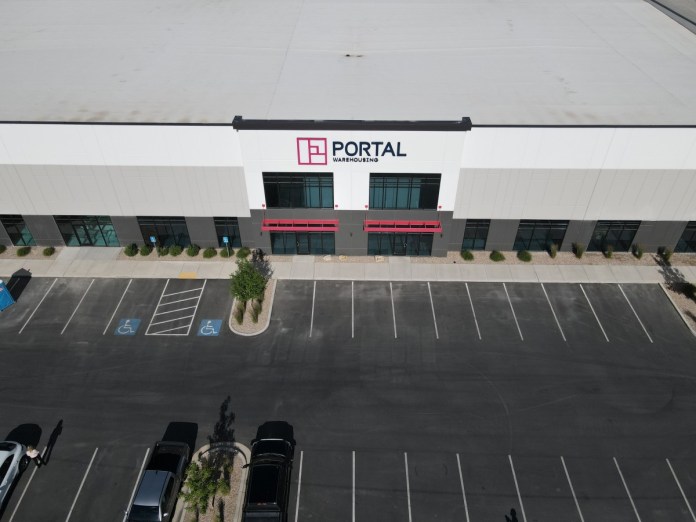
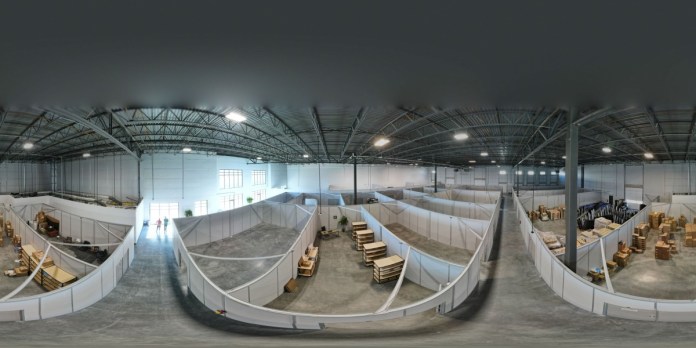
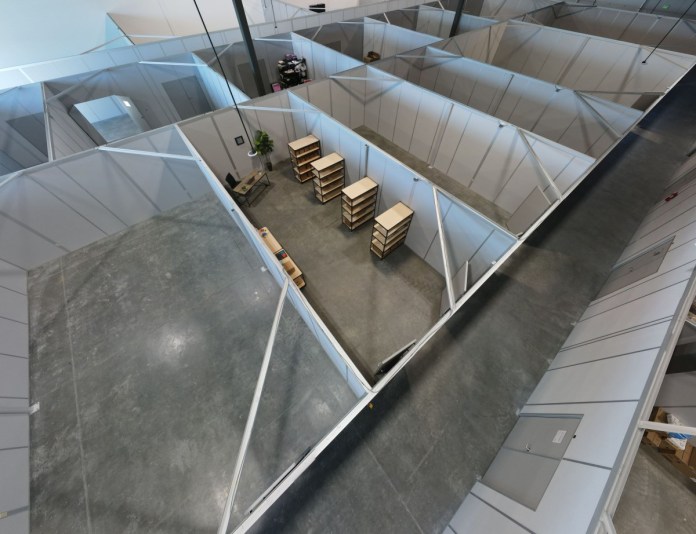


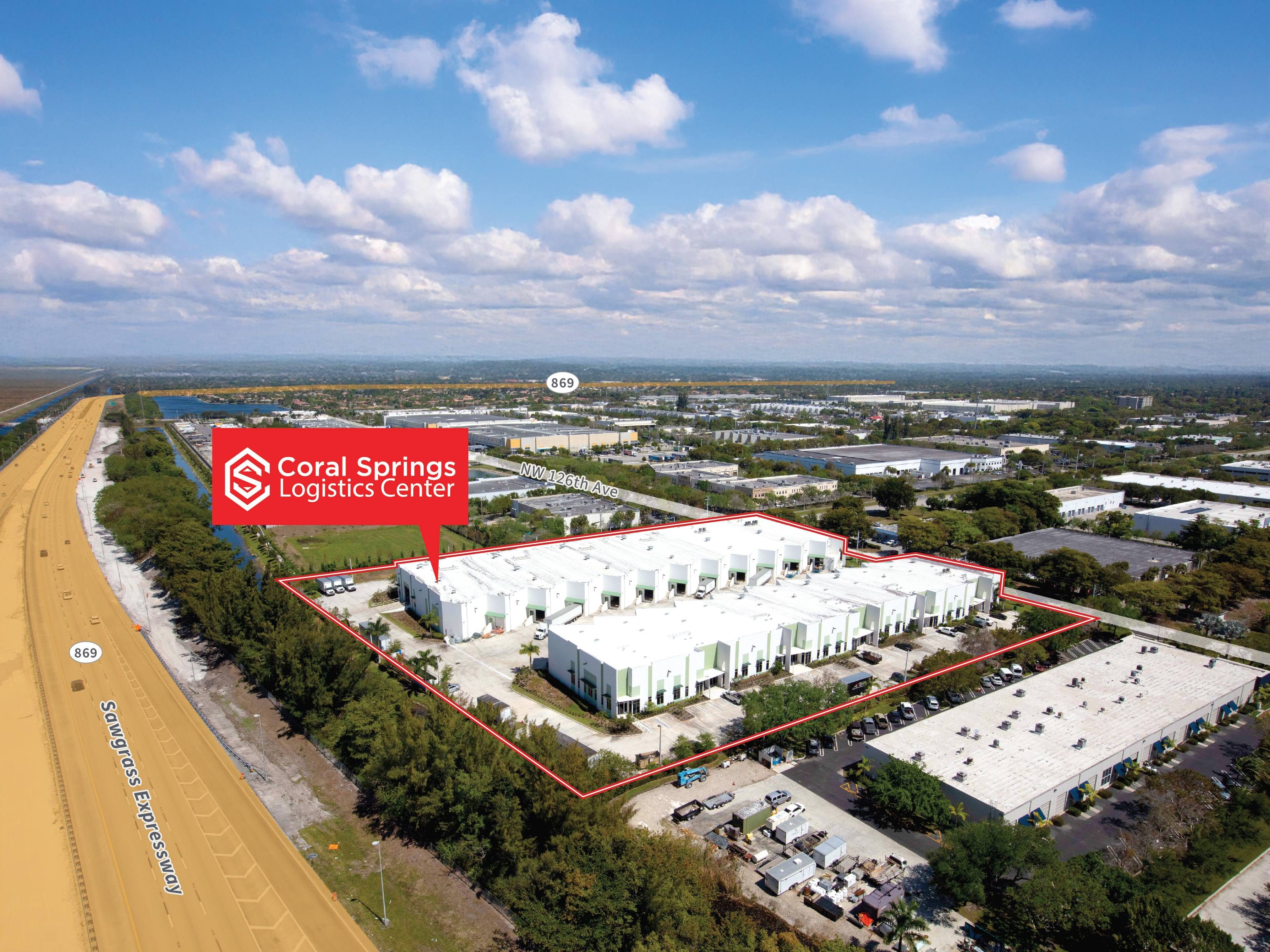
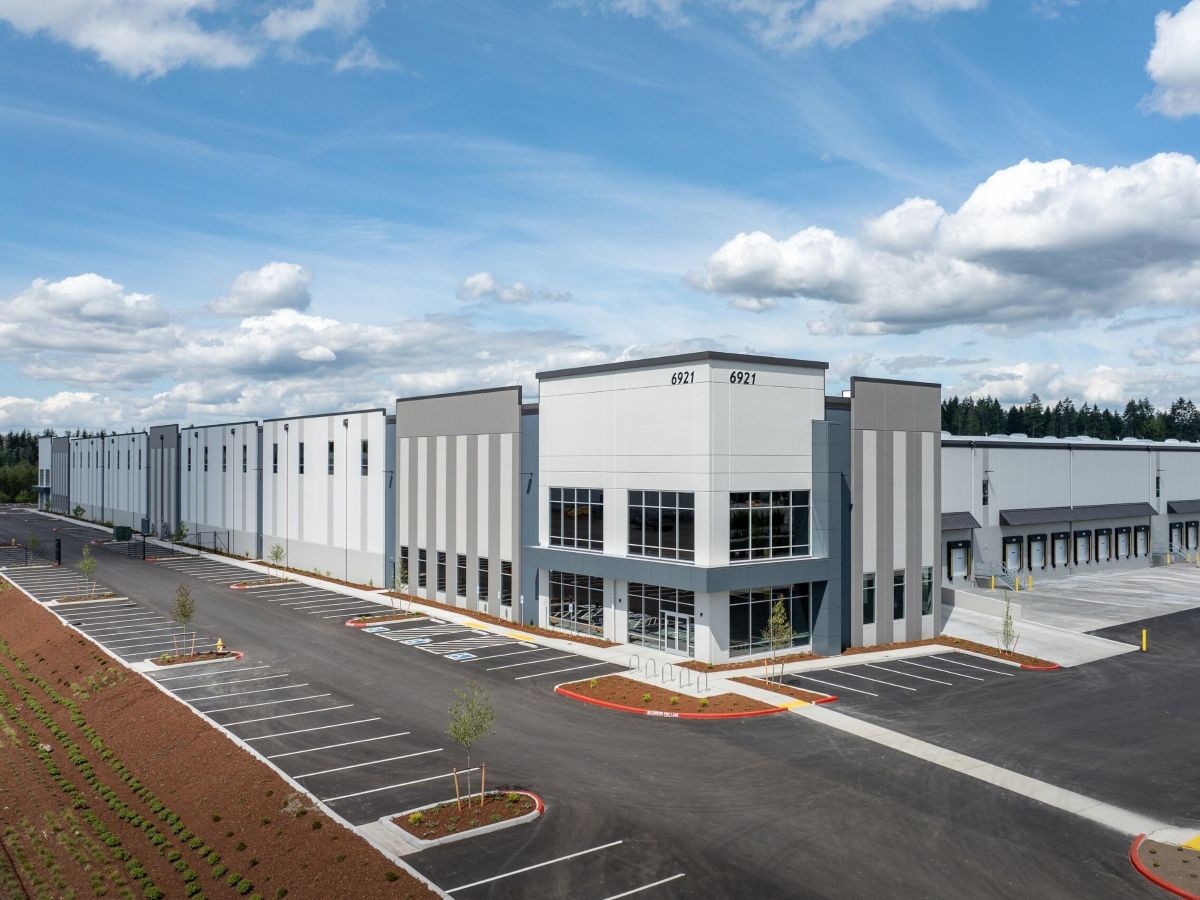
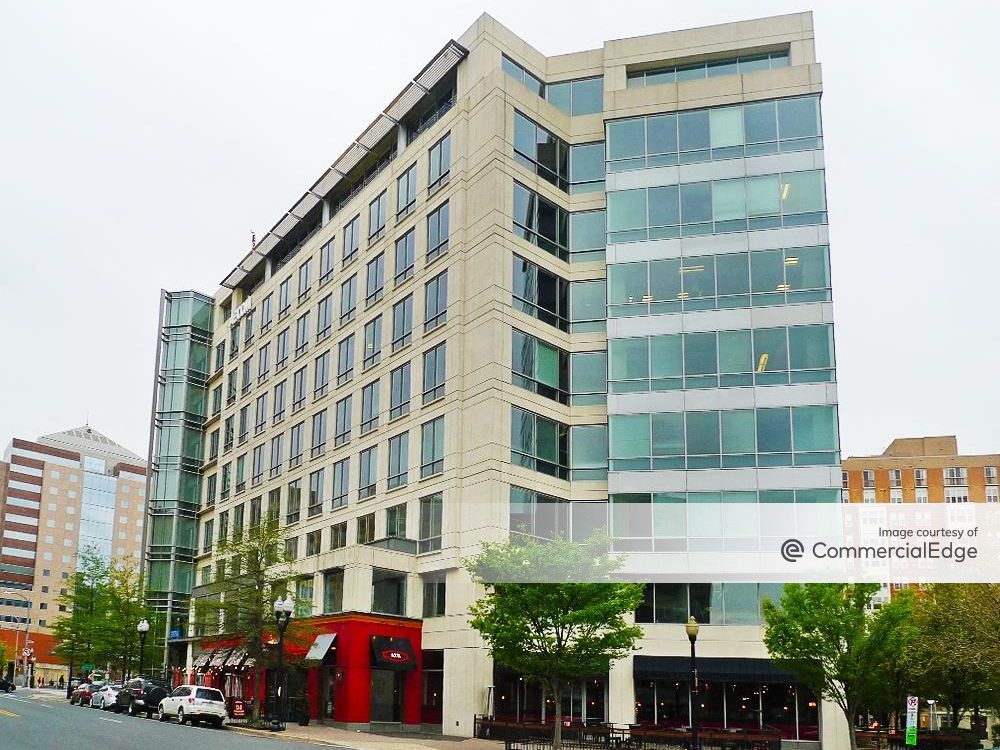

You must be logged in to post a comment.